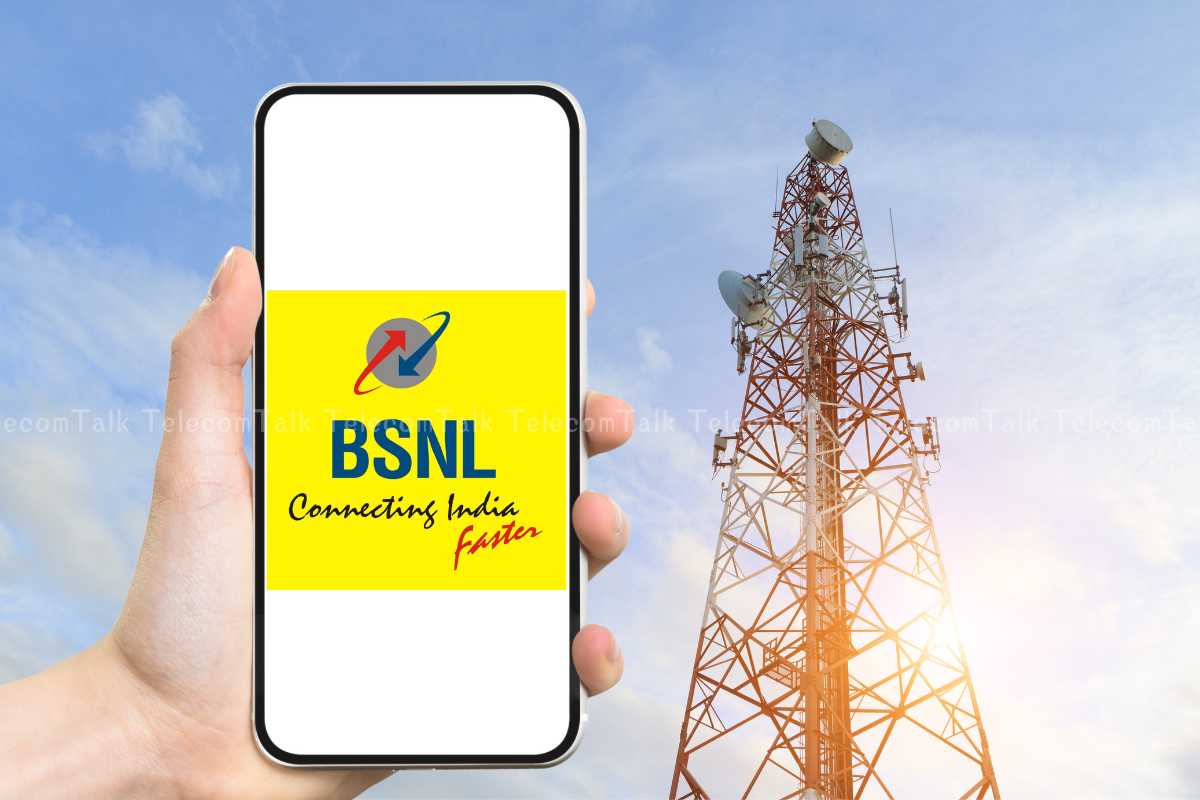Bharat Sanchar Nigam Limited (BSNL), a state-run Indian telecom company, is like a child that has a ton of potential to do great in life, but the parents have sort of ignored the needs of the child to grow. However, the parent, which is the government in this case, had realised long back that the child (BSNL) doesn’t have to be like the other kids around (Airtel, Jio, and Vodafone Idea). Instead, the parent decided that BSNL should do something different. The government said that BSNL should source homegrown technology for the 4G rollout and not go with foreign tech and equipment like the private operators. Whether this “different” is something better or not can’t be determined in a definitive manner right now. However, it does present a lot of good for India in a theoretical manner. Hear me out. While the need for homegrown tech has pushed BSNL much behind in the game, it can be a foundation for something great. BSNL would have the opportunity to market its 4G as ‘Desi 4G’, something that none of the private operators can do. For the unaware, BSNL is expected to roll out homegrown 4G from Jan 2023. In the same manner, as 4G, BSNL would launch 5G with local tech. This does more good for the nation than people realise. Firstly, it reduces India’s dependency on foreign players for tech. It is true that the quality and the scale of tech that giants such as Nokia, Ericsson, Huawei, Cisco and more bring to the table is not present in India. But India has to start somewhere, and someone needs to push the needle to make things happen. The government is utilising BSNL to do that. Also Read - BSNL to Upgrade 2343 LWE Phase-1 2G Sites to 4G through USOF
Modi Government Backing BSNL to Turn Things Around
Through the actions and words, it does look like the Modi government wants BSNL to succeed. The state-run telco has received two relief packages, and the push to launch homegrown tech is also beneficial for the company in the long run. Union telecom minister Ashwini Vaishnaw had also given an ultimatum to the BSNL employees that if they don’t work hard and do the needful, they can pack their bags and go home. But just relief packages and little actions can’t change the future of the telco. At the end of the day, BSNL would only become a success story if it could add subscribers and show a healthy rise in overall revenues, leading to profits in the future.
4G is Still Important to India, and BSNL Should Leverage That
Let me lay it out to you in simple words - right now, all that 5G is good for is speed tests when it comes to consumers. There are no real life-changing use cases present for consumers when it comes to 5G. According to Ericsson’s Latest Mobility report, 4G will touch its peak numbers in India in 2024. 5G would only overtake 4G in India in 2028, and that is a long time from now. So, 4G is still growing in India, and better 4G is what consumers are asking for. 4G would account for the bulk of the revenues for the telcos from the consumer segment for the coming several years. This means that even though BSNL is late to the 4G party, it can still make an impact. Consumers are anyway tired of the private telcos. Even though the private players boast and market their services as superior, they simply haven’t solved the network congestion and call drop issues for customers. Now, I am not saying that BSNL will be the answer to all the problems that consumers have with private telcos. However, BSNL can try to solve some of the issues or just take advantage of the low tariffs and get more subscribers under its belt. The consumers would be happy that they would finally have more than three options to look at when it comes to 4G wireless mobile services in India. BSNL has lost a lot of opportunities to grow and scale revenues to new heights by delaying the 4G launch. Hopefully, the decision to delay the 4G launch so it could use homegrown technology was the right one. Because if it wasn’t right, then things would get really dark very fast for BSNL.
